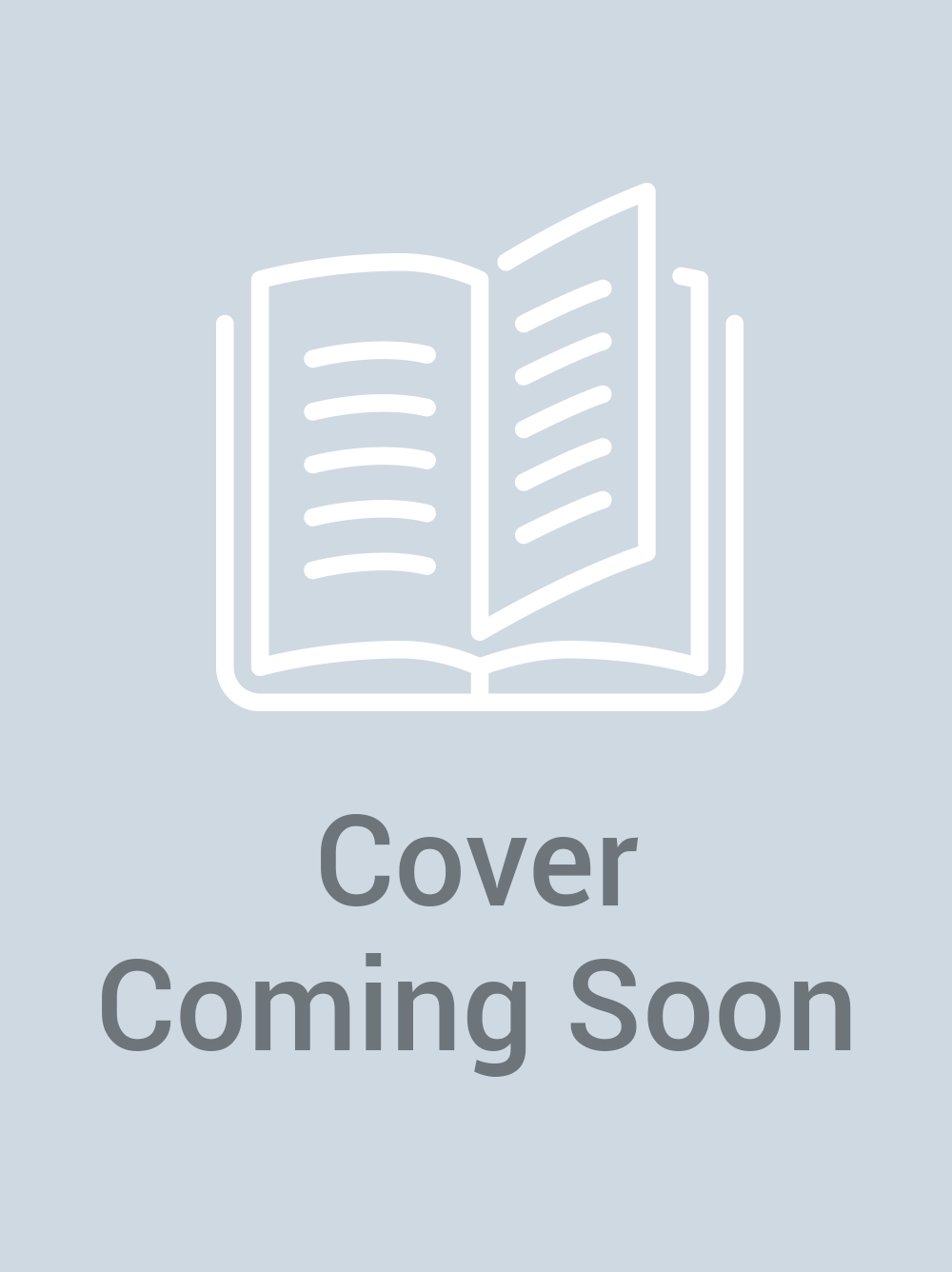Writing Ourselves Whole
Using the Power of Your Own Creativity to Recover and Heal from Sexual Trauma
#1 Amazon Best Seller! ─ Creating books that will change your life
Healing victims of sexual assault through transformative journaling: One in six women is the victim of sexual assault. Using her own hard-won wisdom, author Jen Cross shows how to heal through journaling and personal writing.
Rape victims and victims of other sexual abuse: Writing Ourselves Whole is a collection of essays and creative writing encouragements for sexual trauma survivors who want to risk writing a different story. Each short chapter offers encouragement, experience, and exercises. Sections focus on writing as a transformative practice, embodying our story, how to write trauma without retraumatization, writing joy and desire, and more.
How to change your life: When you can find language for the stories that are locked inside, you can change your life. Talk therapy can only go so far for the millions of Americans struggling in the aftermath of sexual abuse and sexual assault, as well as for their partners, families, and caregivers. Survivors of childhood sexual trauma are strong and vulnerable enough to bear witness to each other's truths, to share and learn new languages for our experiences, to throw over the simplistic “victim” and “survivor” narratives that permeate mainstream media in favor of narratives that are fragmented, complicated, messy, and ultimately more whole.
Sexual assault survivors can heal themselves: Sexual trauma survivor communities (and their allies) have the capacity to hold and hear one another's stories – we do not have to relegate ourselves solely to the individual isolation of the therapist's office. We do not need to be afraid, as a community of fractured, harmed and healing survivors, of reaching out to and supporting one another.
Connect with others who have experienced sexual abuse: Books such as Julia Cameron's The Artist's Way, Natalie Goldberg's Writing Down the Bones and Louise DeSalvo's Writing as a Way of Healing beautifully describe the power of writing and offer practices for readers to engage with individually. Yet few creative writing or creative recovery books explicitly address sexual trauma survivor struggles to find language for their experience, nor do they describe the empowerment we might find in discovering language and expression for our delight, desire, and joy as well as our loss and pain. Writing Ourselves Whole specifically addresses the power of connecting with others who share our experience and can support us in finding language for subjects we not only are not supposed to talk about in polite company, but aren't even supposed to articulate to ourselves.
Transformative journaling: Writing Ourselves Whole acknowledges the radical and profound impact of a creative healing community for trauma survivors, and includes suggestions for those seeking to create a peer writing group in their own communities. Writing Ourselves Whole rises out of the intersection of Natalie Goldberg's groundbreaking Writing Down the Bones, the powerful Trauma and Recovery by Judith Herman, and the hopeful, angry struggle of Inga Muscio's Cunt.
What You'll Learn Inside Writing Ourselves Whole:
- How to reconnect with your creative instinct through freewriting
- How freewriting can help you reclaim the parts of yourself, and your history, that you were never supposed to be able to name
- How "restorying" the old myths about sexual trauma survivors can set you free
- How a consistent writing practice can help reconnect you with your creative genius
- How (and why) to make writing part of your regular self-care routine — and why, if you don’t have a self-care routine, it’s time to develop one
- Why writing about your desires is at least as important as writing about violence
- The profound joy and power of writing in community and solidarity with other survivors.


